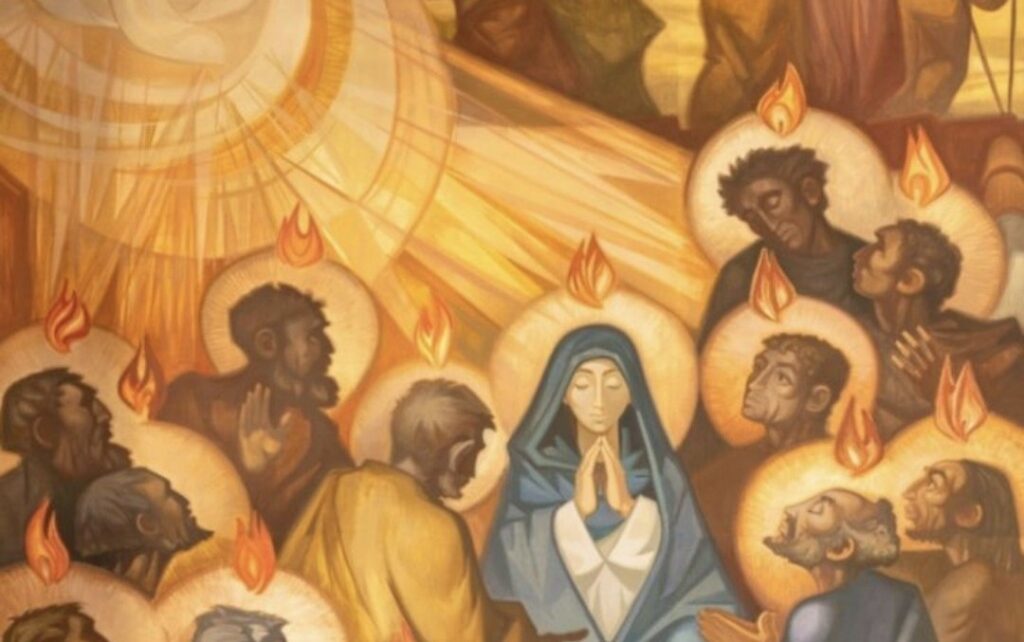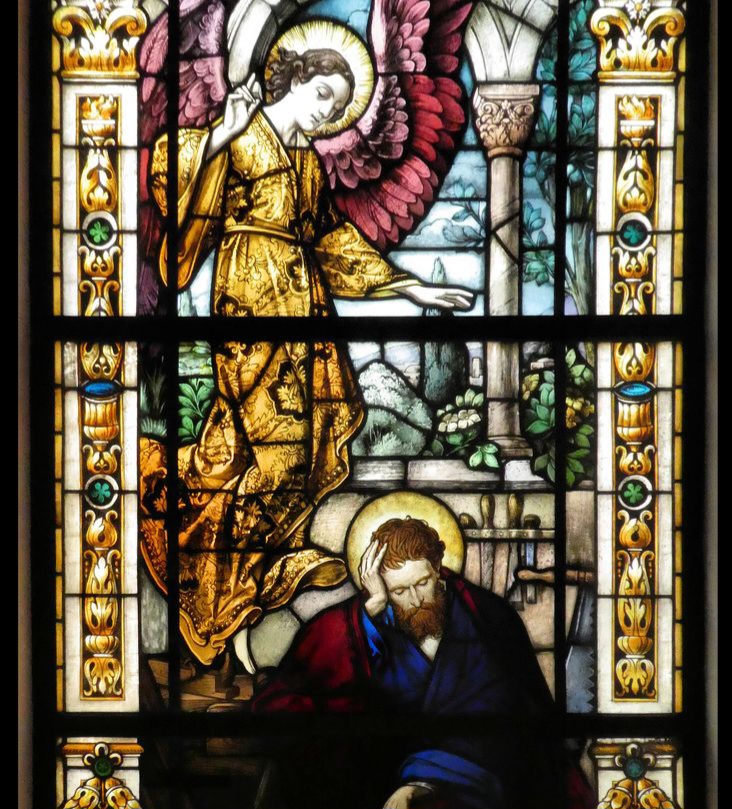One of my favorite teachers, the one who made the deepest impression upon me as a young person and who has had a lasting impact on my life as an educator, was Mrs. Janina Litvinas, my Honors English teacher during Junior year at West Irondequoit High School. I could write a long essay here about her characteristics as a person (intellectually and emotionally vivacious, colorfully expressive, passionate about so many subjects, rigorous and demanding, devoted to us, her students, and proudly Lithuanian!). I could say much about the compelling and profound ways that she conveyed her love for the literature we studied, and her obvious moral depth. In fact, even as I write this, I feel emotion come to the surface in gratitude for the gift and privilege of being her student.

But of the many things I could share about Mrs. Litvinas, what I found most notable was the way I experienced her influence on me as I followed in her footsteps, and in my early life as a Jesuit, taught English literature to high school students. I found that as I read and prepared my lessons, whether it was teaching Homer’s Odyssey, or Charles Dicken’s Great Expectations, or Mark Twain’s Huckleberry Finn, I had within me a standard for quality and depth that she had somehow conferred on me. When I taught my students, I brought equal attention to the books I was teaching and to the texts of each of my students’ lives, at least to the best of my ability, so that I was connecting to the human dramas, tragedies, and comedies unfolding in their experiences. There were moments when teaching Shakespeare’s play, Henry V, that I felt as though I was transmitting the spirit of Janina Litvinas and her seriousness for the human endeavor, her value for courage and honor, directly to my own students.
She had instilled in me and my classmates something of herself, and forty years later, we still speak of her with affection, reverence, and excitement. A true teacher leaves such a legacy that both honors the uniqueness of each student and transforms them, imprinting upon them particular values, traits, and orientations. In the student, the presence of such a teacher somehow remains. From my lived experience of my teacher, Mrs. Litvinas, I have at least a slight inkling of how the example and legacy of Jesus was conferred upon his apostles and friends, and the way in which they found themselves enacting the pattern and the spirit of his example from that Pentecost moment forward.
While there is so much to be considered and understood about the Pentecost event with respect to the experience of the disciples and the life of the Church, this week, we continue our reflection on the ways in which Jesus has prepared his friends to undertake their roles as missionary disciples and leaders in their own right.
In John’s Gospel 20:19-23, the Pentecost event would seem to have occurred in the second of the resurrection appearance, the one following the Risen Christ’s appearance to Mary Magdalene in the garden. In that second appearance, He enters the locked Upper Room where the disciples were gathered, huddled in fear and uncertainty. We know his first words, and to this day, throughout the world, every time the liturgy is celebrated, these words resound and resonate for us, “Peace be with you.” The message is repeated as often as it needs to be heard in order for it to transform each of us, releasing us from fear of judgment and of any vengeance from God. Yes, he suffered and was pierced physically, and his resurrected body still shows the wounds. But there is no condemnation, only mercy. And so, he says again, “Peace be with you.”
It is not the peace of rest and relaxation. It is a peace that is dynamic and powerful, with potential to transform others and even society, not by force or coercion of any sort, but through forgiveness, reconciliation, and the renunciation of violence. He breathes his Spirit out upon them and transmits to them the same mission he received from his Father. It is in itself a mission for them now to carry out in their own lives, relationships, and ministries.
They will know within and among themselves if they are being faithful and true to his teaching when they read the Spirit and perceive this peace or not. They will feel in their guts and in their bones when they are living, loving, and leading in consonance with Jesus’ example and teaching, or not. And they will know in every moment of their faithfulness to the intention and true expression of his instruction the joy and excitement of following his way of mercy, even when it leads to their own suffering, their own paschal mysteries.
The Pentecost event is, from the perspective of leadership succession, the moment when Jesus’ legacy and mission are entrusted to his followers, and they are charged with his energy, his purpose, and his manner of mercy.
For us as leaders, and as people who desire to leave behind us a positive and lasting legacy that empowers and charges others, we are fortunate as Christians to be relieved of the burden of leaving a legacy of our own. Rather, like the disciples, and like Mrs. Litvinas in her own way, we are inspired to transmit and confer the legacy of Jesus to those for whom and with whom we serve in roles of responsibility. We, like the disciples, know when we are living in congruence and accord with his example because of the peace, the joy, and the energy that this faithfulness generates in us, even when it is also at times painful and hard.
This Pentecost, perhaps we might consider how we are transmitting this legacy of Jesus to others? For what do we have passion and a sense of purpose beyond ourselves? In what ways are we actively enacting and modeling Jesus’ way of mercy, forgiveness, and reconciliation?
A blessed and Spirit filled Pentecost to you,




